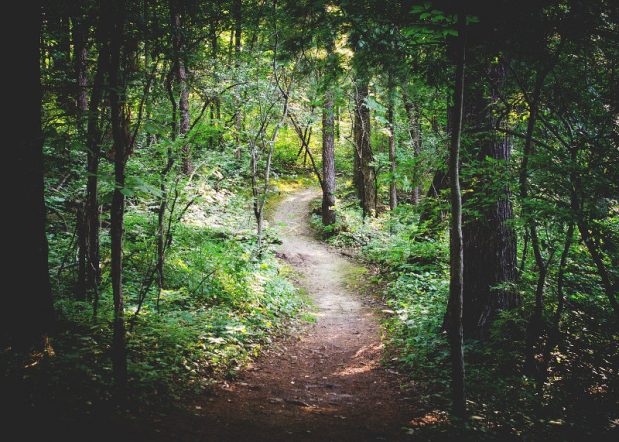
The UK government has promised to “halt the decline of nature” as part of a new drive to improve the environment.
More trees are to be planted, the sale of peat will be banned and new targets will be set to return species such as wildcats and beavers to the countryside.
The measures include a legally binding 2030 target to address wildlife loss.
Environment Secretary George Eustice described the move as “a huge step forward”.
In a speech from Delamere Forest, in Cheshire, he said: “We hope that this will be the net zero equivalent for nature, spurring action of the scale required to address the biodiversity crisis.”
The legally binding target will apply to England only, with devolved administrations able to set their own policy.
Wildlife groups have welcomed the proposals as “an important milestone”.
Richard Benwell, CEO of Wildlife and Countryside Link, a coalition of 57 nature groups, said: “If the legal detail is right, and the targets are comprehensive and science-based, then this could inspire the investment and action needed to protect and restore wildlife, after a century of decline.”
Decline of Nature
The government has also set out new proposals to protect England’s peatlands as part of a drive to achieve its goal of bringing greenhouse gas emissions to zero overall – known as net zero – by 2050.
It plans to ban sales of peat compost to gardeners in England by 2024 and provide funding to restore 35,000 hectares (86,000 acres) of degraded peatlands in the next four years, about 1% of the UK’s total.
Healthy peatlands play an important role in storing carbon – three times as much as forests. However, peatlands damaged by draining, planting with trees, or farming, start to leak carbon, contributing to greenhouse gas emissions.
Only a fifth of the UK’s 2.6 million hectares (6.4 million acres) of peat are in good condition. Estimates suggest the habitat – which ranges from upland moors to rich agricultural lowland – could give off as much as 23 million tonnes of carbon emissions a year.
The Wildlife Trusts’ chief executive Craig Bennett said the government’s initial target to restore 35,000 hectares of peatland was disappointing and called for a commitment to restore all upland peatland and at least a quarter of lowland peat.
He said: “It’s essential that we stop nature’s decline and restore 30% of land and sea by 2030 – doing so will help wildlife fight back and enable repaired habitats to store carbon once more.”
The Wildlife Trusts said it could be “embarrassing” for the UK – as hosts of the key climate summit in Glasgow in November – to allow carbon-rich peat to be “dug up and sold”.
Read the full article Green light for ‘net zero’ equivalent for nature at BBC News.
Tags: Government, nature, Protection, UK